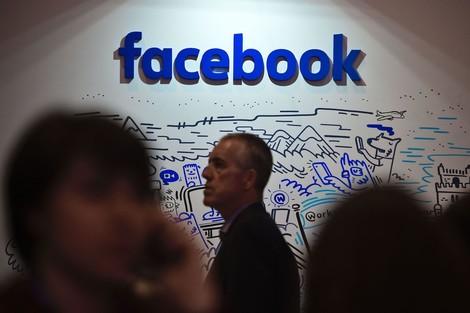Your podcast discovery platform
Curious minds select the most fascinating podcasts from around the world. Discover hand-piqd audio recommendations on your favorite topics.

piqer for: Globalization and politics Global finds
Freelance journalist based in Istanbul. Keeping an eye on Turkish politics and development.
Is Facebook's Safety Check Undermining Our Capacity To Feel Secure?
A controversial piece that opens up the discussion about "unfounded panic" and "an over-inflated sense of danger" due to mobile technology.
We are more likely to die in a car accident, while commuting, than to be killed in a terrorist attack. However, it is the latter that worries us most.
Aaron Balick writes about the confronted feelings he had about the Facebook "safety check" on Sunday night, after London's latest terrorist attack.
"Why allow friends and loved ones to wonder if you’re okay for even a second – when you can just let them know you’re out of danger? But this Facebook feature is more problematic than it may seem."
If you have ever used Facebook's "safety check", you will agree with Balick that, even if you were safe at the moment, you felt in danger. The same applies when you see that a friend has marked him/herself as safe.
' Phew! That was close!' – or maybe not.
Studies have shown how mobile technologies have made us loose our capacity to feel secure unless we are in constant contact. We've become so used to hearing back from our loved ones immediately, that we panic when we don't.
Before, we assumed that someone was safe unless we heard differently. Now, there is an "implicit supposition that we are not safe until we let people know that we are".
"If you wanted to build a Facebook safety checker with reference to risk you may be better off checking in as safe after commuting by bicycle or driving on a motorway – both are more likely to result in a causality."
Stay up to date – with a newsletter from your channel on Global finds.
